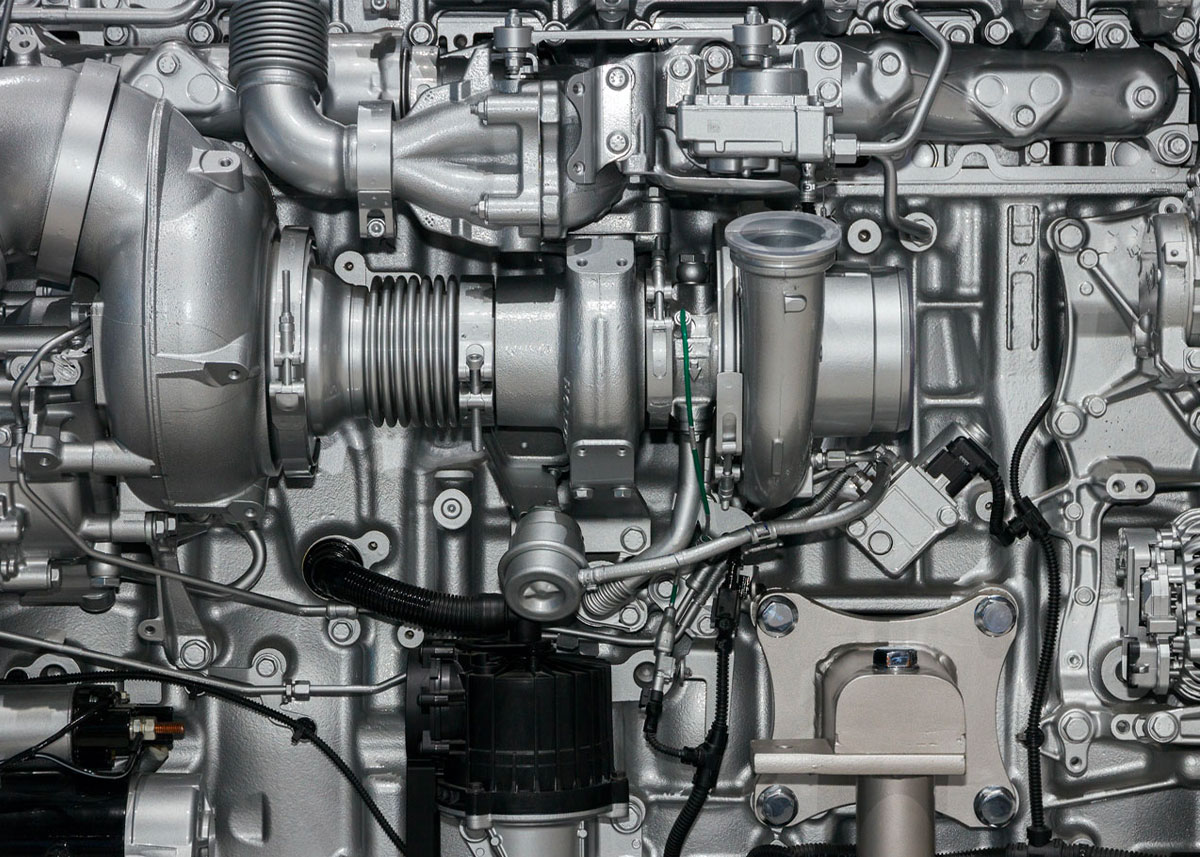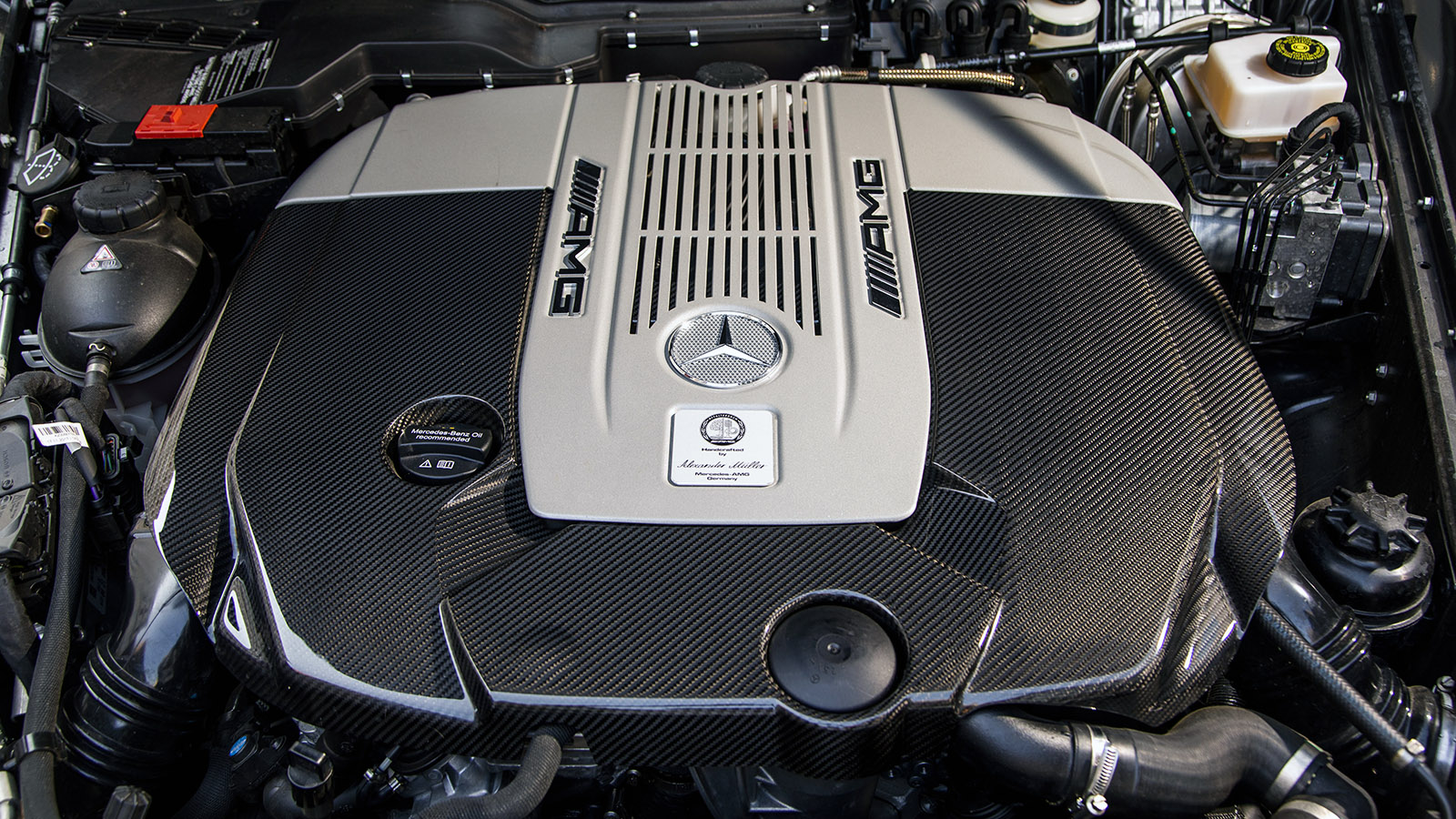Why Services Prefer Engines For Africa for Their Fleet
Why Services Prefer Engines For Africa for Their Fleet
Blog Article
Explore a Wide Array of Engines for every single Automobile and Function
The vehicle landscape is significantly complicated, with a varied range of engine types made to fulfill certain performance and efficiency demands throughout various car groups. In addition, sturdy engines serve the needs of work cars, while environmentally friendly options are getting traction in the quest of lasting transport.
Kinds of Automotive Engines
Automotive engines can be classified right into numerous distinct kinds, each created to satisfy details performance and performance needs. The most usual classifications include inner burning engines, electric engines, and hybrid systems.

Electric engines, on the various other hand, operate electrical power stored in batteries, supplying instant torque and no emissions. These engines are ending up being progressively popular because of innovations in battery innovation and the expanding focus on sustainability.
Hybrid systems incorporate both internal combustion and electrical engines, making it possible for cars to enhance gas efficiency and minimize exhausts by perfectly changing in between power sources. Each engine type provides its drawbacks and advantages, affecting variables such as vehicle style, meant usage, and market need. Recognizing these differences is important for suppliers and customers alike when selecting the suitable engine for their certain demands.
Performance Engines for Sports Cars
Performance engines for cars are particularly engineered to deliver enhanced rate, power, and dexterity, establishing them apart from standard automotive engines. These engines often make use of innovative modern technologies such as turbocharging, turbo charging, and variable valve timing to make best use of performance and responsiveness.
Commonly, efficiency engines are developed with higher compression proportions, which permit higher energy removal from gas. This results in impressive horse power and torque figures, enabling quick velocity and higher leading rates. The light-weight materials made use of in these engines, such as aluminum and carbon fiber, add to minimized overall lorry weight, improving handling and maneuverability.
Engine arrangements like V6, V8, and even hybrid systems prevail in performance cars, each offering special advantages in regards to power delivery and driving characteristics. The adjusting of these engines is also important; many suppliers optimize the engine monitoring systems to offer an exhilarating driving experience, usually consisting of sporting activity modes that readjust throttle response and equipment changes.
Efficient Engines for Daily Commuters
In the realm of daily travelling, reliable engines play an important duty in optimizing gas economic situation and reducing exhausts while providing trustworthy performance. As urban populations expand and ecological concerns heighten, the need for vehicles geared up with reliable powertrains has actually surged.
Modern engines developed for day-to-day travelers typically include technologies such as turbocharging, direct gas shot, and crossbreed systems. Turbocharging enhances engine efficiency by requiring even more air right into the combustion chamber, enabling smaller, lighter engines that do not jeopardize power result. Direct fuel injection improves fuel atomization, causing far better combustion and enhanced effectiveness.
Crossbreed engines, combining internal combustion with electric power, additional increase gas economic situation, particularly in stop-and-go website traffic, where traditional engines can experience inefficiencies. Electric motors assist during acceleration and can run separately at low speeds, reducing overall gas intake.
In addition, innovations in engine monitoring systems and light-weight materials contribute significantly to reliable engine layout. By concentrating on performance, sturdiness, and environmental sustainability, manufacturers remain to supply engines that not only meet the needs of everyday commuting but additionally line up with global initiatives to lower carbon impacts.
Heavy-Duty Engines for Work Automobiles
Heavy-duty engines for job automobiles are routinely crafted to go to this website supply outstanding torque and dependability under demanding problems. These engines are developed to perform in settings where standard engines may fail, such as building sites, logging procedures, and agricultural setups. The main emphasis of durable engines is their capability to generate high degrees of power while preserving resilience over extended durations of procedure.
Generally, sturdy engines utilize advanced products and robust building techniques to hold up against the roughness of heavy work. Features such as strengthened cyndrical tube blocks, improved air conditioning systems, and advanced gas injection modern technologies add to their performance. These engines typically run at lower RPMs, which assists to maximize fuel performance while providing the needed power for hauling and pulling.
Along with mechanical toughness, sturdy engines are typically geared up with advanced digital control units (ECUs) website link that handle efficiency, exhausts, and diagnostics. This integration permits much better surveillance and maintenance, guaranteeing that job lorries remain reliable and functional.
Inevitably, heavy-duty engines are a necessary part in the productivity of various markets, supplying the essential power and reliability to tackle the toughest of tasks.
Eco-Friendly Engine Options
The growing emphasis on sustainability has caused the growth of environmentally friendly engine options that prioritize decreased discharges and enhanced fuel effectiveness. These engines are developed to reduce the environmental impact of vehicles while still delivering the efficiency and reliability anticipated by consumers.
Amongst one of the most significant environment-friendly alternatives are electric and hybrid engines. Crossbreed engines integrate conventional internal burning engines with electrical propulsion, enabling decreased fuel consumption and lower greenhouse gas discharges. Electric engines, on the other hand, run completely on battery power, creating zero tailpipe exhausts and adding to cleaner air high quality.
Another encouraging advancement is the advancement of biofuel engines, which make use of sustainable resources, such as plant products, to power vehicles (Engines For Africa). By making use of biofuels, these engines can decrease dependence on nonrenewable fuel sources and reduced overall carbon impacts

As the auto market evolves, green engine choices will play a critical function in driving the transition in the direction of more lasting transportation services.
Conclusion
From high-performance engines that boost sporting activities vehicle abilities to reliable versions focusing this content on fuel economic climate for everyday travelers, each kind offers a specific function. Heavy-duty engines cater to robust work automobiles, while green alternatives, such as electric and biofuel engines, promote sustainable transportation.

Report this page